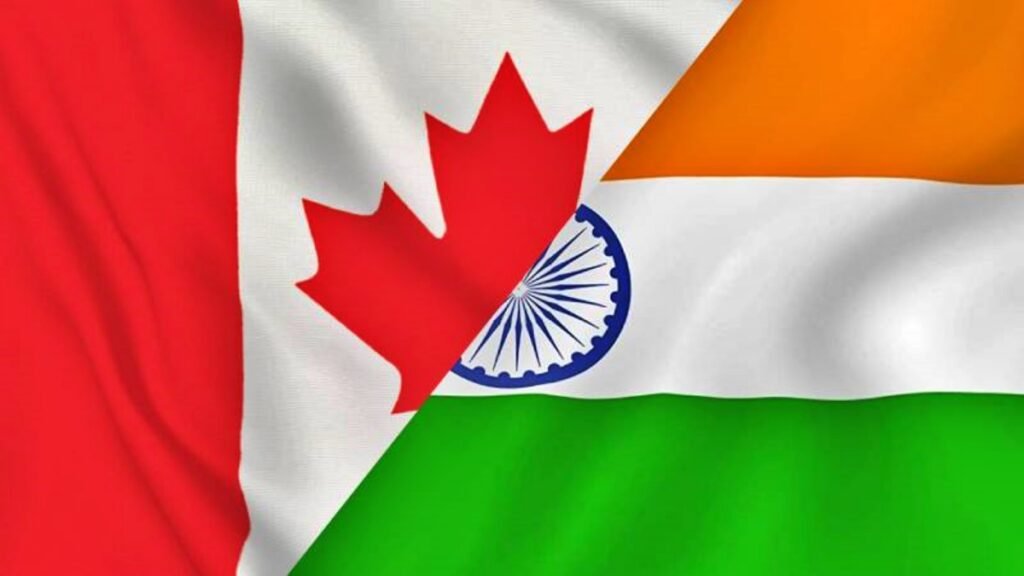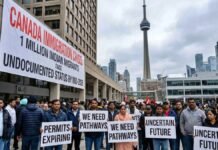
New Delhi: India has hit back at Canada by expelling a high-ranking Canadian diplomat from the country, in a tit-for-tat move that has further strained the bilateral relations. The Ministry of External Affairs (MEA) summoned the Canadian High Commissioner to India on Tuesday and conveyed the decision to declare a senior Canadian diplomat as persona non grata, meaning an unwelcome person. The MEA said that the diplomat, whose name has not been disclosed, has to leave India within five days. The MEA also expressed its strong displeasure over the interference of Canadian diplomats in India’s internal affairs and their involvement in anti-India activities.
The expulsion came a day after Canada announced that it had expelled a senior Indian diplomat for his alleged role in the assassination of Hardeep Singh Nijjar, a Sikh separatist leader and the chief of Khalistan Tiger Force, in Canada. Nijjar was shot dead by two masked gunmen outside a Sikh temple in Surrey, British Columbia, on June 18. Canadian Foreign Minister Melanie Jolie accused the Indian diplomat of having ‘credible links’ to the murder and said that Canada would not tolerate any foreign government’s involvement in such a heinous crime.
Canadian Prime Minister Justin Trudeau also raised the issue in Parliament and said that he had personally and directly conveyed his ‘deep concern’ to Indian Prime Minister Narendra Modi. Trudeau claimed that the killing of a Canadian citizen on Canadian soil was an unacceptable violation of Canada’s sovereignty and that Canada would seek justice for Nijjar’s family.
India rejected Trudeau’s allegations as ‘absurd and motivated’ and said that there was no evidence to link any Indian official to the murder. India also urged Canada to take effective and swift legal action against all anti-India elements operating from its soil and to stop supporting the separatist ideology of Khalistan, which seeks to create an independent Sikh state in India’s Punjab region.

The Khalistan movement was at its peak in the 1980s in Punjab, which witnessed several violent attacks and deaths. It lost steam after Indian armed forces ran special operations against the movement, but supporters in the diaspora community continued their calls for a separate state, which have intensified in recent years. India has strongly opposed the Khalistan movement and has denounced violence and separatism by all political parties, including in Punjab. Canada is home to the largest Sikh diaspora outside Punjab, with about 770,000 Sikhs out of a total population of 40 million. Canada has a history of sheltering Khalistani terrorists and allowing them to carry out anti-India activities. In 2018, Trudeau visited India amid controversy over his perceived soft stance on Khalistan and his inclusion of some Khalistani sympathizers in his delegation.





















































